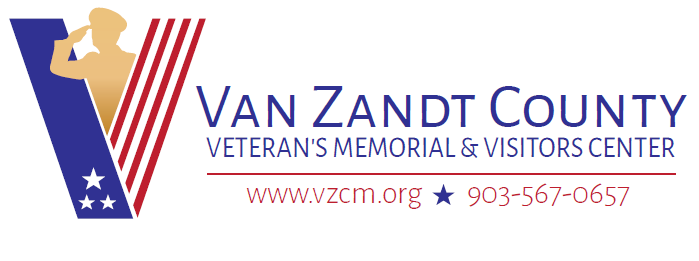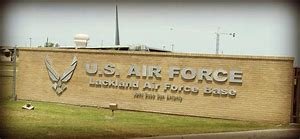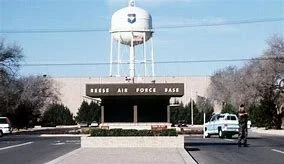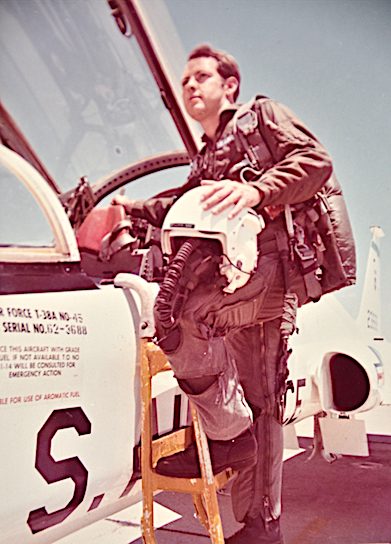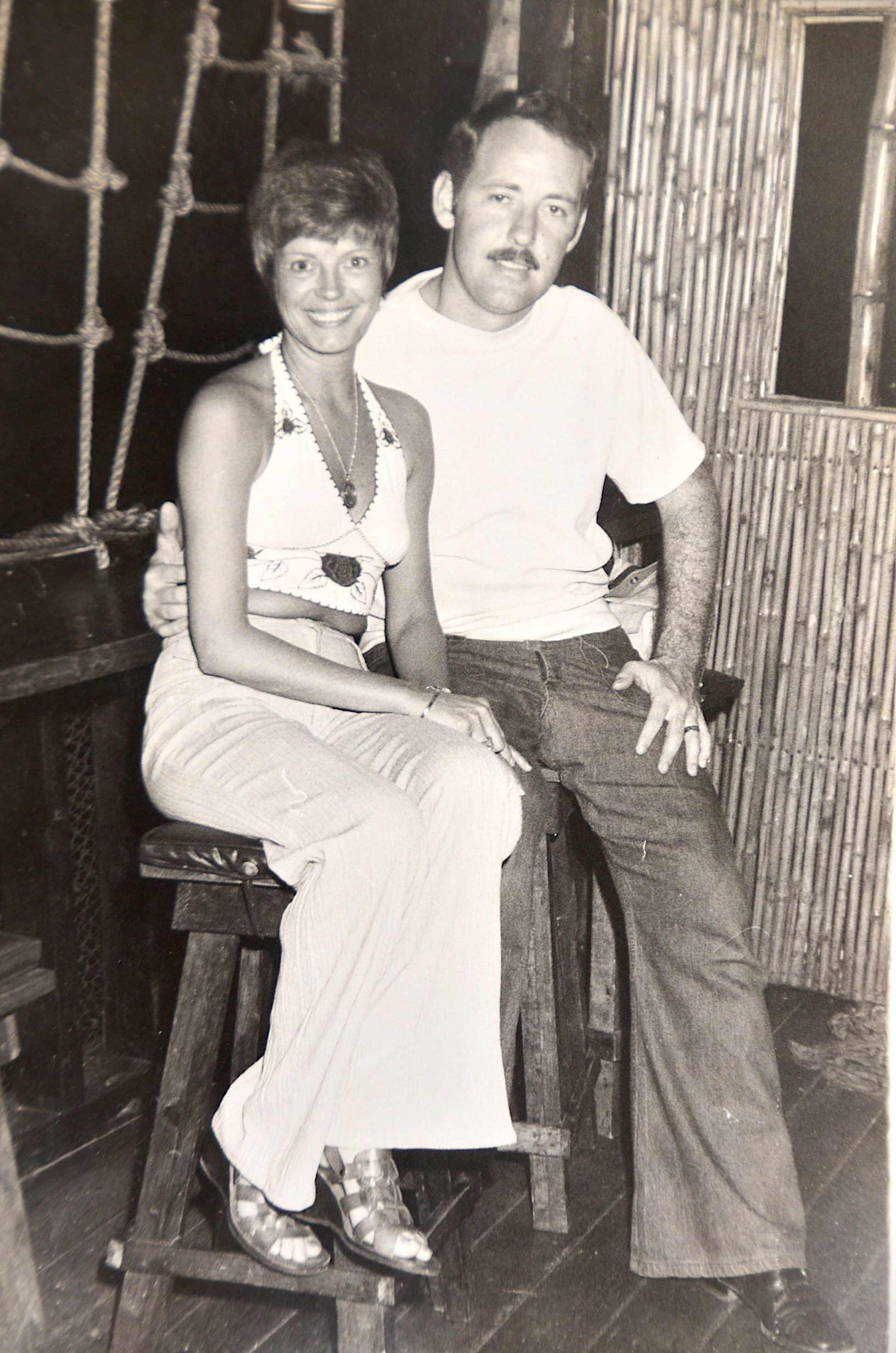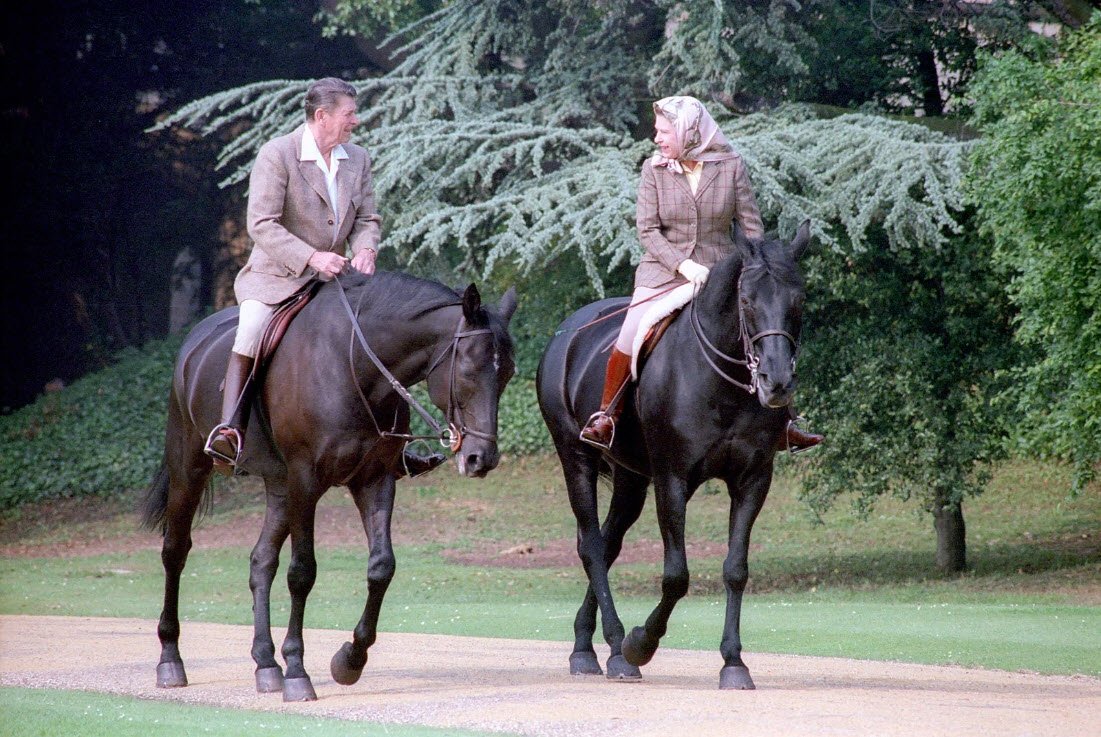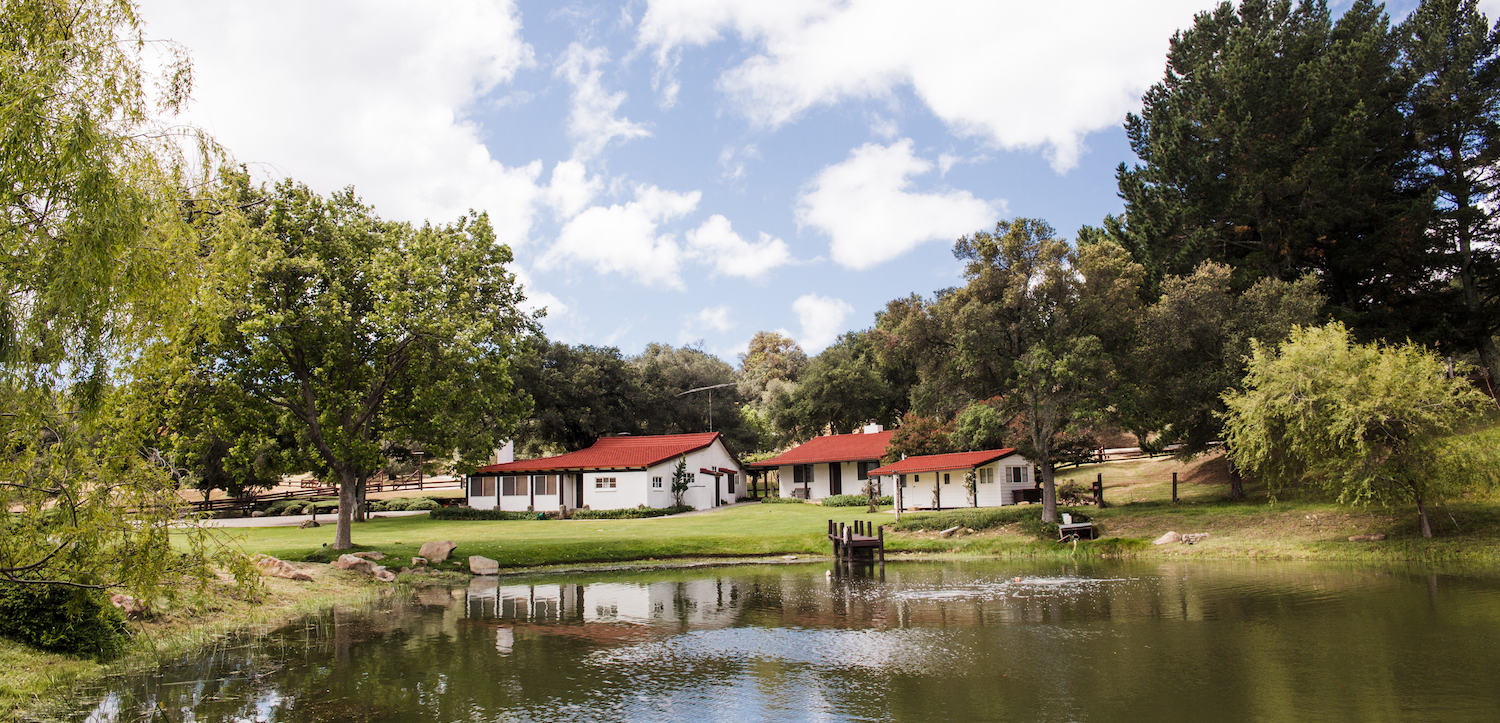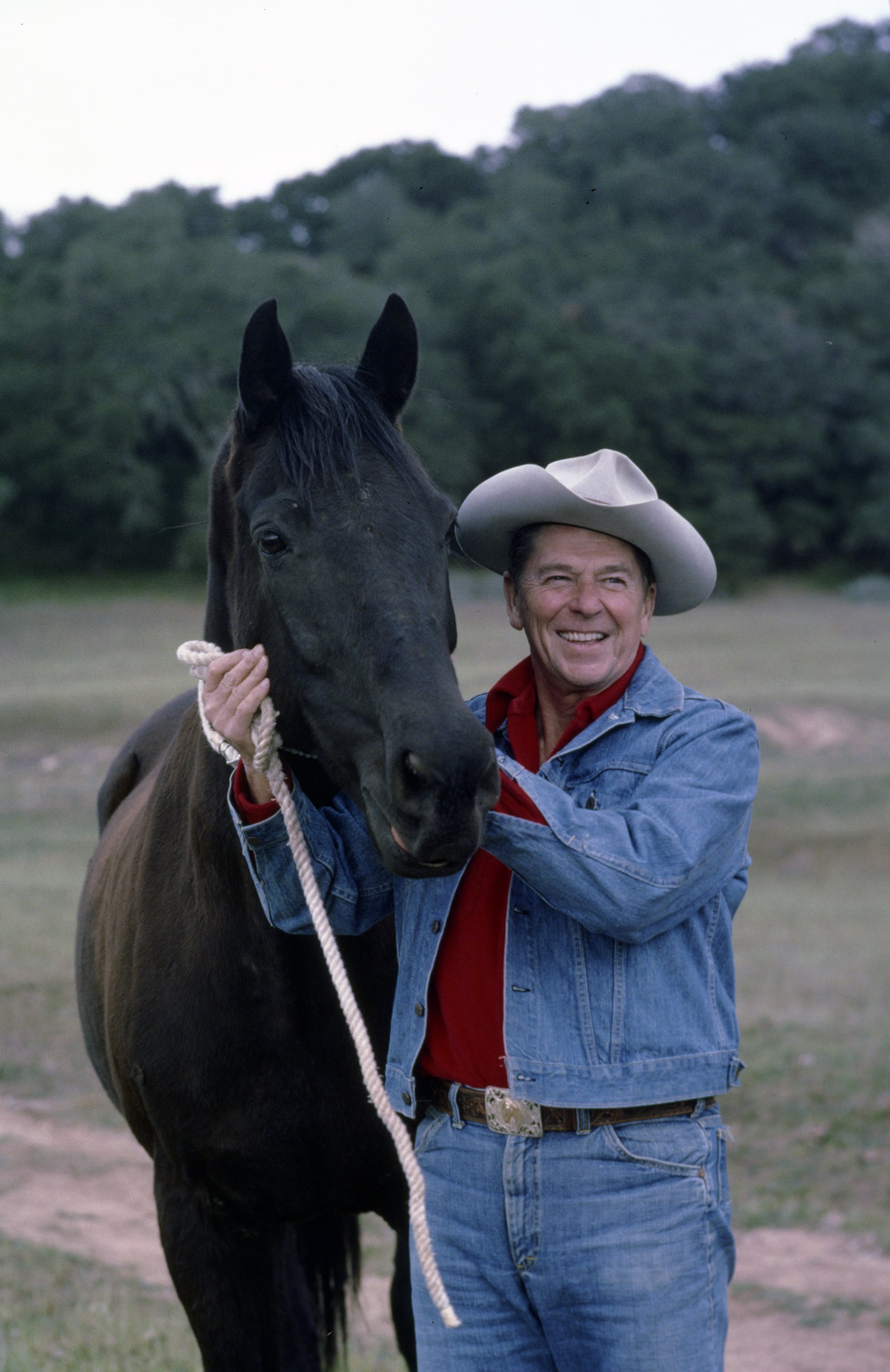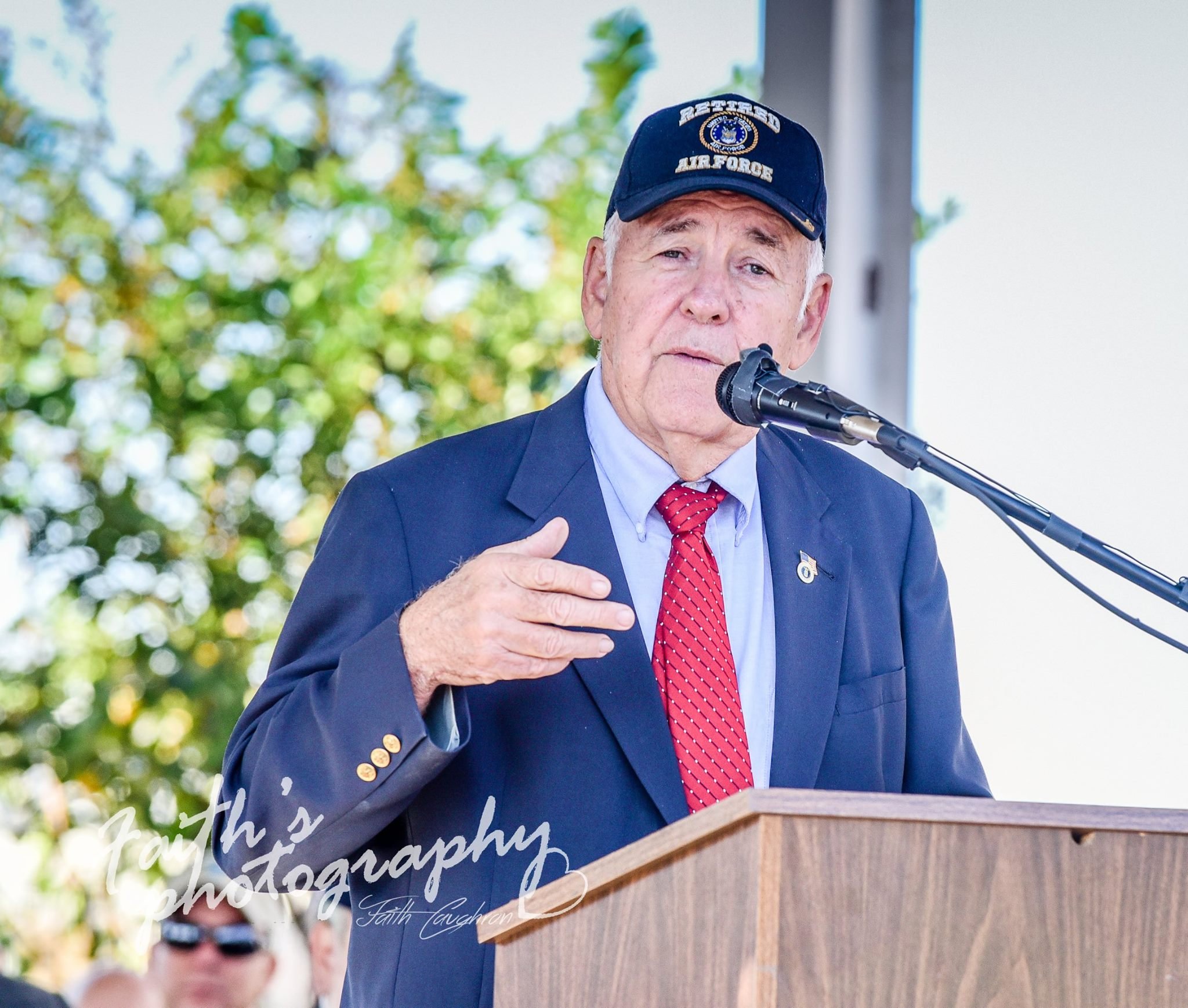Cary Hilliard
Cary Hilliard U.S.A.F. Canton. Texas
Cary Hilliard’s father was a Doctor in the Navy during WWII and was stationed in the Pacific. His mother and father married in medical school and when he graduated he went into the Navy and she came to Canton to live with his parents.
“My mother was pregnant with me and my grandfather drove her to Dallas and I was born on February 2nd, 1945 in the old Florence Nightingale Hospital. The next day we came back to Canton and I have lived here ever since,” said Cary in a phone interview.
Cary had a younger sister, Andrea, and a younger brother, George, who was 14 years younger than him. His dad’s name was George Homer Hilliard, Jr. and his mother’s name was Faughlette. Her father, Faugh, was also a Doctor during WWII. His grandfather Sr. was in the Army during WWI. So, his Grandfather and Great-Grandfather were Doctors and two Great Uncles who were Doctors along with his father and uncle were all Doctors.
GROWING UP IN CANTON
“I grew up in a one-story frame house that my Grandfather lived in. When I was about a year-old my mother took a military train to visit my dad in San Diego. They lived in a Quonset hut until the end of the war. His parents came home and his dad worked in a clinic in Dr. Baker’s office in Wills Point. He worked there for about a year. At that time, he lived in an upstairs garage apartment in Wills Point. “We lived there until I was about two years old. My dad eventually came back to Canton to practice where he occupied the same office in the Eagle Drug Store that my uncle Dr. Horace Hilliard had used. Dr. Horace had passed away before my dad came back to Canton,” Cary said.
“This was in the late 40’s. We moved to a little frame house which is the Allstate office today. Eventually we moved to where I grew up near my grandparents’ house about a block away.
There were a bunch of kids around my age in the neighborhood and we just played all the time. Of course, the houses were not air conditioned in those days. I started the first grade in Canton and there were about 50-60 of us in the class,” he said Cary was involved in the Boy Scouts and church activities in the early years and met new friends to pal around with when he started school.
“My Grandfather who lived across the street from us was a merchant at a place called Hilliard Furniture in downtown Canton. My great Grandfather built that building. His sons, including My Grandfather helped run the business. He and his brother, Dr. Horace Hilliard, loved cattle and they started purchasing land around Canton for about 15-20 years. My Grandfather was kind of like a cowboy,” said Cary. “He loved cattle and eventually he sold his part of the store and went full time in raising cattle. My father also got interested in cattle too. My first memories were when my dad and grandfather went out and started buying cattle. My dad was a Doctor but he enjoyed clearing up land and raising cattle with his brother on the weekends. They were very close and best friends. Soon, I was tagging along with them. Around 1954 my grandfather got rheumatoid arthritis. He was almost disabled. My father had to take over the cattle business. My grandfather had about 1,500 acres and different farms all over. My dad never had any time off being a doctor and running the cattle.
My father really liked this piece of property near Hwy 17. It was over 400 acres. My grandfather owned the land and my dad inherited that property when my grandfather passed away in August of 1959.
My dad eventually turned into an independent operator and raised his own cattle there, along with my grandfather’s other farms. My dad raised regular cattle along with registered Hereford’s. Every weekend the family would go out to that farm and work on it. Within a couple of years of purchasing the property my dad started building a large cabin on the property. My dad designed the cabin over the lake and we cut the Red Oak trees off the property to build it. We lived there on the weekends while I was growing up. Eventually the family added a bathroom, a kitchen and another bedroom and a screened in front porch,” said Cary.
“I got my driver’s license when I was a sophomore in High School and started spending more time with my friends. I had been driving since I was 12 years old. My dad hired me to mow different pastures including our place on Hwy 17. We had a tractor and mower. He paid me $5. a day. I would mow all day long. Sometimes, it would take me a month to mow all those pastures,” laughed Cary.
Cary played guard on the basketball team at Canton High School and little bit of football. “I only weighed about 120 pounds in High School,” laughed Cary. “I never was a great athlete. I was an honor student in High School. I graduated in 1963 and there were only about 60 of us in the class. Out of that class maybe ten of us went to college and the rest went out and got jobs. My dad and my grandmother, who had a great influence on my life, both went to Baylor. She thought I should have been a preacher. So, I knew I was going to college. My dad wanted me to go to medical school and that was his plan.
I only applied to one school and that was Baylor. I had never been to Waco nor had I ever seen the campus. I just knew it was a strict Baptist school and it was a good pre-Med school. I got accepted to Baylor and hopped into my car and wasn’t sure how to get to Waco. Went I got to Waco I still didn’t know where the campus was.
At the time, I assumed I was going to be a doctor, so I applied for pre-Med. To be honest, I was not prepared to study. I thought I was going to sail thru Baylor like I sailed thru High School. It was a huge shock to my system. I took Chemistry and Physics in High School from a guy who never had a Chemistry or Physics course. The only thing I was prepared for was Math and English. Those Chemistry classed just ate me up. I did really well in Biology, History, Math and English. The other classes floored me. You had to pass those classes to get into Medical School. I had to take a Chemistry course twice. My grades were not as good as I thought they should have been and I was also getting tired of school. It was my Junior year in college.”
In early 1967 Cary got a notice from the Selective Service Board. “Several of my friends in college got married and others got deferments from the military. I figured at this point in my life I was going into the Army. In the Spring of my senior year I was going to join the Navy. My dad was in the Navy and he liked it so I thought I would go into that branch, too. I went to the Navy recruiter’s office and took the test and the physical. They accepted me into the Navy based on my interview with two officers in Dallas. However, both of them were jerks. I didn’t like either one of them. I then received a letter from the Navy medical office saying I didn’t qualify because I had a history of asthma. I told them I had never had asthma in my life. On the form, they said, you had hay fever as a kid and you are out. The Army also sent me a notice to report for duty. I reported to the Army and noticed a sign down the hall that said United States Air Force Recruiting Office. I thought, maybe the Air Force will take me. I told the recruiter my situation and he said, “ son, I have an answer for you. Go in that room and I am going to give you a test. It will take about two hours. I took the test and thought it was pretty simple. He scored it I nearly made a 100,” laughed Cary. “He looked at me and said, “ son, don’t worry about the Army, you are going to be in the Air Force.” Two weeks later I was in the United States Air Force with a three-year commitment and going into (OTS) Officer’s Training School.”
JOINING THE AIR FORCE
Cary received his orders to report to Lackland Air Force Base in early 1968. With a college graduation date or a degree, you could go directly into OTS. The Air Force was needing more officers and the Vietnam War was in full combat mode. “I went back to Baylor and graduated and had some time before I reported to OTS.
All the classes were full and I was waiting for an opening. I went up to Dallas for a job and started working for an Engineering firm called Halff and Associates. The owner was an old German man and had graduated from Texas A&M. I told him I needed a job until I got into OTC in the Air Force. He told me he could use a guy working the survey division. I got an apartment on the north end of Love Field in Dallas. There were a lot of women living in the apartments. Most were stewardesses working for the airlines. There were about a thousand women and fifty guys living there. I said, boy, this is Heaven on Earth,” he laughed.
“I started working for the firm in early September and at the end of the month I got a letter from the Air Force telling me there was an opening in the upcoming class at OTC and it starts in November. I worked at Halff until the last week and then drove down to Lackland Air Force Base in San Antonio. My car sat in the parking lot for the next two months.
I went thru basic OTS getting a uniform and having all my hair cut off. We marched and marched every day. During this time, I also had applied for pilot training. My uncle was a retired Air Force pilot from WWII and a highly decorated guy. He was very happy that I had joined the Air Force. He and I were buddies and had been close for years. He told me I was going to fly airplanes and I said, “yes sir I am,” said Cary.
“They checked my vision and said it was not 100%. They told me I could be a navigator but not a pilot. I didn’t want to be a navigator and told them to give me something else. About a week before graduation I get this three-inch stack of orders of where I could serve. They told me I was going to be an 1825, Minuteman Two Missile Launch Officer. What the heck is that? I asked, and where am I going?”
GRAND FORKS AFB IN NORTH DAKOTA
Cary had no idea where Grand Forks, North Dakota was. He was told it was next door to Canada. They told him he had no choice, here you go, goodbye. So, he graduated from Officer Training School. His famous uncle came along with his dad and family and there was a big parade for graduation. My uncle asked me, “Son, where you going?” “I said, well, I am going to Grand Forks, North Dakota.” He said, “Well, let me tell you some good news. Anywhere you go after that will only get better,” laughed Cary.
Cary learned how to be a Launch Officer on the ground for Minuteman 2 and then became an instructor. His Commander was a really nice guy and sharp as a tack and the Cary moved up rank in the Air Force.
Cary continued teaching class and about every four or five weeks he got in a new class. “Two of the guys in class were friends of mine from Officer Training School. From OTS they had gone to pilot training. They had both washed out. The class was full of guys who had washed out of pilot training and some had gone to navigator school and had washed out of that too. They had kidded me a lot for not going and now I am giving them paybacks for washing out. It was ironic,” laughed Cary.
“Inside the Command Center, On the left side, was the launch control center. This looked like another big egg and all the equipment was stored here. There were two computerized consoles that lit up. At both stations you monitored fifty nuclear weapons. Each was tipped with a nuclear bomb.” Cary can’t discuss a lot about his duties for security reasons, but said it was a really neat job.
“I went thru two blizzards and some of the coldest weather you could ever imagine in your life. Every car had to be plugged in and the heater going to keep the oil from turning into grease. In the summers there were ten billion mosquitos to contend with. North Dakota is flat as a pancake. There are swamps and water standing everywhere.” Cary said.
“There was the University of North Dakota and lots of girls there. I started dating a girl from the campus. Her dad was a Colonel. We got along really, really well. We eventually became engaged and was going to get married. I bought her a ring. Her mother was really pushing us to get married, but I wasn’t ready to get at that time,” said Cary.
“Then I got my next orders to Vandenberg AFB and be an instructor in California, on the beach. I said, “By gosh, get me out of here. I had been in Grand Forks for about two years.
VANDENBURG AFB, CALIFORNIA
Cary packed up all his belongings, hopped in his car, and headed for California. The Colonel’s daughter was in college and stayed behind. I got to California and became an instructor. I taught both in the simulator and in the classroom. I had a great time and met some new girls. I eventually called my fiancé and thought our relationship was a little pre-mature and called off our relationship. I broke her heart, and it made her mother a little angry. Her mother could have shot me. Her father, the full Colonel, flew out to see me. We went out to dinner and talked man to man. He was a heck of a nice guy. I was only 24 years old at the time. His daughter was 21 and I just told him I was not ready to settle down. He said, “If you are not ready, then don’t do it.” We shook hands and I never saw him again,” said Cary.
BECOMING A PILOT
Cary continued his training at Vandenburg and a good friend of his told him they had another chance to go to pilot training. “I said, what are you talking about?” asked Cary. “the Air Force wants 1st Lieutenants and Captains that did not qualify medically the first time can go with for a waiver and go to pilot training. We both applied, again, for pilot training. I had been in the Air Force for five years and had made Captain and had to go and take the physical again for pilot training. I was sitting in my office one day and a Colonel ,who was a Doctor, called and informed me he was reviewing my application for pilot training. All I see here is you have a little stigmatism but it is correctable with glasses to 20-20. It said it was pretty minor and asked if I was still interested. I said, sure. My application was stamped APPROVED.
Two weeks later I get a call that I was accepted and asked where I wanted to go to pilot training? I said, “Well how about Lubbock. I like Texas and would like to go back there. So, I was sent to Reese AFB in Lubbock, Texas.
Cary spent a little over a year of training in Lubbock. He got there in August of 1972. “Most of the pilot training classes were made up of Air Force Academy 2nd Lieutenants. It is a GUNG-HO bunch and they all want to be pilots. They usually all go in July and August. They needed some Captains to be class section leaders or class commanders of these young group of pilots. I would oversee about forty 2nd Lieutenants. There were two Captains in our class and one was a former navigator. He was senior to me for about six months. He was the class commander and I was the deputy class commander. I was in charge of forty Lieutenants.
They split us up into two sections. We flew T-41’s which was basically a souped-up civilian Cessna 72 airplane. We would go to class in the morning and fly in the afternoon. That went on for about six weeks of flying. Some of the class had flown before and were from foreign countries. Some of them had 200-300 hours of flying time. They were good pilots to start with. We did solo’s and went out and did all the flight checks. Basic 20-30 hours of training.
When we completed that training, we went back over to Reese. There we trained on the Cessna T-37’s, a twin-engine jet. Here you sit side by side in the plane. That is where you put on a helmet and mask and do basic acro, air maneuvers, instruments and basic formations. It is a fun and very safe airplane to fly. We trained on them for about four months. It was the same routine, where you train in the morning and fly in the afternoon and vice versa. You also did a lot of solo flying at night.
The class leader who was a navigator was training and got really scared and almost had a midair collision over the base. He landed, came over and put his helmet on the instructor’s desk and quit. They came to me and said you are now the class commander. So, now I am head of this class of about seventy pilots. We graduate from there and now go over to the T-38s.
The T-38’s are called the white rockets which is a twin-engine supersonic plane. In that plane you sit behind each other. In the T-37’s you can look over and see the instructor’s but not in the 38’s. We did formation flying and some cross country flying. You are a much better trained pilot at this point,” Cary said.
While living in Lubbock Cary met a girl who was flight attendant for Braniff. Her name was Sandy. “She was a smart and attractive lady, a down to earth Texas girl,” Cary said. “She was my age, about 27 or 28. She knew a lot about airplanes and flying. It was not a shock to her what I did. We met on a blind date. We dated for about six months,” said Cary. “He was in pilot training when I met him,” said Cary’s wife, Sandy. “One of his student’s wives asked me if I would consider going out with this older guy,” laughed Sandy. “I am six months older than he is,” she said. “We met at a popular tavern in Lubbock. Most of our conversation was about how we were not interested in any kind of relationship. My parents lived in Lubbock and I said sure I will go out with you and party when I am in town. Six months later we were married,” Sandy said.
MOVING TO LITTLE ROCK, ARKANSAS
It came graduation day and each pilot was ranked, like from 1 thru 70. “The guys on the bottom are probably going to be B-52 pilots,” Cary said. “Those on the top became F-4 or F-105 pilots.
The top guys go to fighter pilots and the lower ones go to bombers. I was kind of in the middle,” said Cary. “I didn’t want to be a fighter pilot so I ended up flying an AC-130 gunship which was going over to Thailand. The Vietnam War was still going on.
I went to Little Rock to learn how to fly C-130’s. I spent about two months learning to fly all the systems and the simulator of the C-130,” Cary said. While in Little Rock Cary and Sandy decided to get married. I took her to meet the family in Canton. The meeting went great and we went back to Little Rock,” Cary said. Soon after, Cary got a phone call that his dad was in the hospital. “I came home that weekend,” said Cary. “Sandy and I went to Tyler to see my dad in the hospital. The doctor came out and told me my dad had passed away about thirty minutes before we arrived. We had the funeral and it was a big shock to the family,” said an emotional Cary.
“The day after my dad’s funeral, Sandy and I got married. That was in November of 1973. We got married by the minister of the First Baptist Church in Canton. We got married in his living room,” laughed Cary. “His mother, sister and brother and I believe his grandmother were there,” recalled Sandy. “It was a sad time for me. He told me if I ever needed you in my life, its now,” Sandy told me over the phone.
“I went back to my boss in Little Rock,” said Cary, “and told him about my father and said I didn’t think Thailand was the best place for me. Another of the pilots and I traded pilot positions. He took my gunship job and I went to a slot at Dyass AFB in Abilene. I went into plain C-130’s. It gave me the opportunity to be closer to my family,” said Cary.
FLYING THE C-130
There was a big difference in flying the AC-130 gunship and the C-130 cargo plane. “The C-130 gunship is a very heavy plane,” explained Cary. “You fly in circles and shoot. You don’t get to see a whole part of the world. The C-130 was strictly a cargo plane and gave me the opportunity to fly all over the world. You few tactical and low level and night low level along with parachute drops. We also did heavy equipment, air personals, short field landings and take-offs. It was a very versatile and neat plane to fly,” said Cary.
FLYING AROUND THE WORLD
“I was in Dyass for three years and half of the time I spent in Europe,” said Cary. “I was in England or Germany on rotations. When I got back home we would be flying tactical missions. I flew over to Ft. Bragg and had the Army jumping out of the plane,” Cary said.
“I flew to Panama and the Philippines, Africa, the Middle East and the Pacific. I was transferred to Japan for a three-year assignment. Sandy knew she could no longer work as air airline stewardess for Braniff, quit and went to Japan with me,” Cary said.
“I was the last girl to be put on the PACMAC as a reserve for Braniff. I spent a lot of my time in Vietnam, Philippines, and Japan and bringing the guys back and forth.
When the POW’s came back home from Vietnam I was an escort for one of the top 10 POW’s. They had been released from the Hanoi Hilton in 1973.
Ross Perot from Dallas was very instrumental and getting the Prisoner’s back to America. I got to know the POW’s very well. It was quite a shock for them to see how our country and their families had changed. It was a very moving experience for me,” Sandy said.
“When Cary got orders to Japan I retired from Braniff,” said Sandy. “They wanted me to stay but I did not want to leave for a three-year absence and then come back and take a job back from another stewardess only because I had more seniority. It just wasn’t right,” Sandy recalled. “After about a year in Japan, Braniff went bankrupt for the first time.
“Japan was very interesting,” recalled Sandy.
“I wanted to get out and know the people and the country. I taught conversation English in a village up in the mountains. They wanted to be able to speak conversation, not proper English. It was an hour’s train ride from Fusa City near the AFB. I was never scared to go on a train anywhere in Japan. I felt very safe there,” Sandy said.
“I also learned to do “KATA” dancing. It is street dancing the Japanese women do in their parades and festivals. I also did a lot of volunteer work, even opening a bank account, which I think, still has some Yen in it,” laughed Sandy.
SCOTT AFB IN ILLINOIS
“From Japan I was told I needed to move to Headquarters and get a staff job to get promoted. I needed to get some more exposure and get to know all the Generals and Colonels. I then went to Scott AFB in Illinois,” said Cary. “It was a four-year assignment and a job I ended up hating. I managed the C-130 flying air program for the entire Air Force. You brief the Generals and you brief the Colonels and I was stuck at a desk and I just didn’t like it at all. While I was there I did manage to get my Master’s Degree in Management from Webster University.”
WHITE HOUSE ADVANCE TEAM – AIR FORCE ONE
“I heard that someone was coming to interview to see if they would like to work for the White House. You would be working with the advance team working for the White House military office. You travel around with Air Force One. I decided I wanted to interview. Two Lt. Colonels showed up and they interviewed about eight or ten of us. I went down and spent about 15-30 minutes with each one of them. A week later one of those guys called me and said we have accepted you to be one of the Air Force One’s advance agents.
I asked, well what does that mean. They said, “Anytime Air Force One travels anywhere in the world we have an advance team that goes to each location and makes all the arrangements for Air Force One, and the security and logistics of the airplane.” “Before I got started they had to do a different background investigation on me since I would be working with Air Force One and the President. I was going to get a deep background security investigation and I would have an SCI clearance. They said it would take about four or five months. I was called a few months later and said I had passed everything and you are cleared to do this job and I want you to come to Washington the next week and be briefed on it. I went,” Cary said.
“I worked for the assistant to the President working for the White House Military Office. We handled all of Air Force One’s movements. When they call you, you go. My boss told me to never say NO to them. You go when they say go. I did that job for three and a half years.
I did Air Force Advance trips several times with Vice President Bush but most of my trips were with President Reagan. I did get a chance to meet President Reagan. I really admired the way he conducted himself as President. I never heard him say a derogatory word, he was just a nice person. He was like a grandfather figure to me. I never did ride on Air Force one. My job was to get there ahead and get all the logistics taken care of before Air Force One arrived. I stayed there until they were gone and all the equipment was gone. So, my job was to set it all up….. and clean it all up,” said Cary.
“I am supposed to be in that picture with Cary and President Reagan,” laughed Sandy. “My son decided to quit college and he was back at my parents’ house in Lubbock. So, I had to leave but I can see myself in the back of that picture,” Sandy laughed.
“A lot of people don’t know this but in the month of August every year during his eight years in office, he went to his ranch up on that mountain and stayed a month. I went up and stayed for a month, not on his ranch.
Only he, his wife and security staff stayed there. But that month when he went there, he told everyone on his staff at the White House to go and take a vacation. Go somewhere for two weeks and relax.
When he was on his ranch he was in his blue jeans, his cowboy hat and he loved to ride his horses. He had an old jeep and he would go out and cut firewood. He lived in an adobe three-hundred-year-old house with a fireplace for heating. It was built by the Spanish. He had one bedroom, one living room and a kitchen. That is what he lived in,” Cary said.
“I was there with Cary and got to go into President Reagan’s little cabin. There was this plain ordinary furniture in a small house. At the end of this little couch is Nancy’s knitting basket. They live just like we do,” Sandy said.
“I went to Windsor Castle in England and President Reagan and the Queen went riding horses around the castle.
He then invited the Queen to come over to California to visit his ranch. He had lunch with her at that one-bedroom ranch house. I wonder what she thought when she saw that,” laughed Cary.
“I had a pass as a White House staffer,” said Sandy. “We had our own driver and he drove us all over London. It was a lot of fun. I got to see things I would have never gotten to see. I saw where Shakespeare had his theatre and I got a picture of a street there called, HILLIARD STREET,” laughed Sandy.
“It was a lot of fun and I got to travel all over the world. I never knew what first class was until I got this job,” laughed Cary. “I could rent airplanes, trains, busses, boats…anything I needed those orders paid for it,” Cary said.
“I went to President Reagan’s ranch. It was such a great job and I did that the entire time I was at Scott AFB. When that job was up the Air Force offered me a job in Saudi Arabia and run the training program for Saudi pilots to fly C-130’s. I wanted to keep flying and I did.”
HAWAII
“I took the job and then the Colonel came in and said, “Cary, I don’t think Sandy would like to go to Saudi Arabia,” he said, “You don’t want to go there.” I said, “Then where do I want to go?, and he said, “HAWAII.” “I laughed and asked, what is in Hawaii? and he said, “It was a secret job and you needed your special SCI clearance. You will be dealing with highly classified information and programs, and Sandy will like Hawaii.” “I came home and told Sandy we are going to the beach, but it is not Saudi Beach it is Hawaii,” laughed Cary. “She thought that was wonderful.”
“It was WONDERFUL,” said Sandy. “I was a Vice President with the wives club in Hawaii. Have you ever tried to please seventeen General’s wives at one time?” asked Sandy. “I think I had the toughest job,” She laughed.
“Well, I went to Washington and to the Pentagon and got to meet a lot of people and found out what my job was in Hawaii. I could not tell my wife what I did. It was Top Secret.
When we got to Hawaii we lived on base in a small house, but we loved living there,” Cary said.
“I would have to entertain all these people when they came in.” said Sandy. “Cary told me, he said Sandy….You can’t ask these people their names. You can’t ask them what they do, or where they live. You just smile and be nice. Be yourself, but don’t ask anything. I said ok,” said Sandy. “So, we are at this big party and this guy comes up to me, puts his hand out, and says, Hi, I am Charlie Smith, and Cary just about fell over. Several more came over and they are all telling me their names. I looked at Cary and asked him why he was so shocked. He said, because that is their REAL names,” laughed Sandy. “They would tell me, oh we just got back from so and so, and Cary interrupted and said, she doesn’t know I go to China.” It was hilarious.
“The building I worked in was a concrete room with no windows and a vault door. There were three of us that worked in that building, an NCO and two officers. We handled special covert operations and programs all over the Pacific theatre. They included Japan, Korea, the Philippians, and several other countries. We always used an encrypted secure telephone for all communications to any of those places. I worked for the 2-star and the 4-star PACAF Commander and the Navy 4-star Admiral, the CINC PACOM. We had several people run the office and when I was promoted to Lt. Colonel I was running the office. I ran the office for two years. I was travelling half the time I was stationed there. It was a very interesting and challenging job. One of the jobs I did had to be authorized by the President to do it,” Cary said in a straight forward way.
“I would tell Cary,” Sandy continued, “I see you are going to Taiwan tomorrow and then you are going over to the Philippines. He would say, WHAT? Who have you been talking to? I said Cary, you go to the wives club and you learn everything. Guess how they learned it?”
Cary had a wonderful career and quite a partner in life, I thought to myself.
“I had a chance to stay in Hawaii for another year but another offer came up. I had a chance to take over a Command Unit at Eglin AFB, near Ft. Walton Beach Florida. “That same organization required my special clearance. It involved the same type of classified mission. It was a very secure base out in the boondocks and very few people had access. They selected me to be the Commander of that organization. So, we left Hawaii and went to Florida.
The job at Eglin was another of the top-secret positions in my career,” recalled Cary.
“Once again he had his little area out there, these people come in and I don’t know what you do,” said Sandy. “It was similar to Hawaii, where people would come in sometimes and we would have picnics and all the wives and people working under Cary were there. I know the drill, said Sandy. “You can’t ask them their names, you can’t ask them what they do,” she laughed. “I was talking to one of his friends at our house for dinner and he tells me his name, where he works and what he does. Cary is sitting there and I start laughing. I told them, you guys should really brief him (Cary) before you talk to me. He said, but you have a need to know….because I have a bunch of guys who have wives. You got to let me know when stuff is going on that I need to know about. Cary just sat there shaking his head,” Sandy was once again laughing at the story.
Cary stayed at Eglin AFB in Florida for a couple of years and decided to retire. He and Sandy, who at the time was a Regional Vice President for a fragrance company, moved back to Texas in 1993. Both of their mothers had been ill and felt it was time to move back and help take care of them. “When Cary retired, it was a very proud moment for him. There was so much that we talked about and remembered,” recalled Sandy.
LOOKING BACK OVER HIS CAREER
“Looking back over my career, Phil, it was quite interesting. I made a lot of good friends and was able to travel all over the world. When I was in England for two years Sandy would fly over and stay a month and we had a chance to tour England.
She came over about two or three times. Many times, when I was working with Air Force One she would make those trips. She had clearance to work with me on the pre planning and staging and did some volunteer office work and errands for the White House staff. My wife and son both got to go on Air Force One. We got to go to President Reagans Ranch and tour that. It was just a very unique experience all around for me,” said Cary. “We have had a VERY interesting career,” quipped Sandy.
“I told Cary, one day I am going to write a book about your career. I could always tell where he had been by the gifts he brought back from the various countries he visited,” laughed Sandy.
Cary, what would be your fondest memories over your long and illustrious career in the military? “One of the most challenging and exciting things I ever did was go thru and complete pilot training and being an Air Force Pilot. That put me in a special category in the Air Force.”
That made your uncle proud of you didn’t it Cary? “That is an interest story,” he told me. “When I graduated from Reese Air Force Base I was the class commander and I had to give a little speech. We were all at a very formal dinner with all the top brass there. My uncle Herbert Hartley, retired Colonel came in his little red convertible hot rod. He drove it from Austin to Lubbock just for my graduation. There he sat, next to me, with all those medals on his chest. He had more medals than all those Colonels in the room combined. The World War II Pilot hero. When he enlisted he joined the Canadian Air Force and was in England before America was in the war. When America joined the war, he switched from Canadian to the United States Air Force. So, he had all these medals from Canada, France, Britain and the U.S. I bet he had forty medals on his chest. He walked in there and he looked like some General from South America,” laughed Cary. “All these Colonels in the room were looking at him like, “Who in the Hell is this guy?” “I told them he was a World War II pilot and he saved America. They all went up and wanted to talk to him. He was the hit of the whole show. It was so funny,” laughed Cary. “He loved it. He drove up there for me. He told me that was one of the proudest days of his life, that I had did this and accomplished this. From that point on, I was the favorite person in the family for him. It was a truly special moment for me,” said Cary.
What were some of the values you garnered from the military? “I think I had a pretty good work ethic. You have a job and you do it. I tried to lead by example. I wouldn’t ask people to do things that I wouldn’t do. I thought it was important to participate in functions with my people. I went to group parties, played on the baseball and golf teams, participated in almost every function. I thought it was important to lead by example. Your men would follow you when you supported them. They would follow you anywhere.
I received the Outstanding Unit Award. I was proud of the work we accomplished for that. It represented everybody in the unit. It showed that the organization excelled. It was a group effort and everyone shared in that Award.
The worst military food I ate was in Korea for Team Spirit which was a two-week exercise. We were living in a South Korean enlisted man’s tent, on a cot, in the mud. It was horrible and freezing cold in the winter. You took a shower and there was no hot water. It was a rat and cockroach infested building. It was the worst food imaginable. I am glad we had some MRE’s,” laughed Cary.
“Air Force One food was good but we didn’t get to eat there much. When I was at the classified base in Florida we had the best chow hall anywhere. My tech Sergeant guy ran the chow hall. We had an unlimited budget for food. We had steaks every week. Every Friday we had an outdoor steak cookout. We had any kind of food or fish you wanted. Shrimp, Lobster, the freshest fish. I ate breakfast and lunch there but came home in the evenings. The food was just great,” said Cary.
COUNTY COMMISSIONER AND MAYOR
“I needed a job when I retired when I came back to Van Zandt County. There was a Veterans Service Officer who said I needed to run for County Commissioner. She convinced me to do it and I ran. The job paid $25,000 a year. That was some good extra money for me back in 1994. There were five or six of us running including the incumbent. I went door to door everywhere and ended up getting the most votes, but we had to have a runoff and I won. I was County Commissioner for four years. I learned a lot and tried to manage it the way I did in the military. We did a lot of good for that Precinct. Our Commissioner is both a Road Commissioner and a County Commissioner. There were a lot of administrative duties in the courthouse plus you are responsible for 300 miles of roads in the county. I had about ten guys working for me. I helped organize all the equipment and bought new equipment we needed for our road department. I came up with a road plan and a road map that nobody had before. There were nine different portions of the precinct and I would use a grease pencil and mark the roads that were worked on and we rotated around the county. In four years, we had built most of the roads. I bought a backhoe which was one of the smartest moved I ever made. I bought a motor grader and paid for it in three years. I drove around and checked the roads myself. The other part of the job was make good policies for the county,” said Cary.
“As Commissioner he fixed roads that had potholes so big and hadn’t been fixed in years,” said Sandy. “It was amazing all they did. He was never at the courthouse, he was out working with the guys. He believed in being around the people. He would go to all the smaller communities and I would go with him. He always wanted to know what they needed,” recalled Sandy.
“As Mayor I liked going around and talking to the business people. I enjoyed talking to the vendors at First Monday and tried to find out how we could improve and help them. I felt like it we took care of the vendors the customers would show up. We had some policies in the city that were really outdated, like how do you conduct a city council meeting. There was no policy. I went to conferences and talked with other Mayors about how they ran their cities. I stole ideas from them as to how you could run your city better. Their ideas helped me to share new guidelines and policies for Canton. The first question I asked the City Manager when I became Mayor was, what do we do if a tornado hits Canton, what is our plan? We had no updated plan for that or any other disaster. When we finally implemented a plan, I said now, we have to practice the plan. We need to exercise it every year, so people know what to do when it happens. That was my Air Force training,” said Cary.
“I think the County is in good hands. They have the best Commissioners Court and the best courthouse personal that I remember. The Judge and Commissioners are doing a really good job. In 1999 when I left, we had no debt and $500,000 in reserve. When I left the debt went up to $10-12M dollars. They just started cutting taxes and borrowing money. This group has got that down to about $2-3M. We are growing at about 1% a year in the city. Stead growth is good and will continue to bring good people into Van Zandt County. We need to do everything we can do be financially responsible for both the city and the county. You can’t be a big city if you are not a big city,” countered Cary.
VOLUNTEER FOR VETERANS MEMORIAL
“About Six years ago I was invited to go to lunch with a friend of mine to a board meeting for the Veterans Memorial. At that meeting they voted me in on the board, as a trustee. I knew a lot of the people. Red Montgomery was a friend of mine. I didn’t know what I was getting into. I found out pretty quickly how we were managing things financially.
We had someone come in from Twin Lakes Golf Course to talk to us about a fundraiser. They voted me to run the Tournament fundraiser for the Memorial. I told them I had played golf and had played in a lot of tournaments, so they said, you are the guy. I went out and talked to a lot of golfers and got sponsors. That first tournament we raised about $17-18 thousand dollars. You would have thought I had won the lottery. It paid off all our debt. We had money in the bank for the first time in years. Today, it is the biggest fund raiser we have to help finance the Veterans Memorial.
Of the veterans I talk to they say the Memorial is a wonderful tribute to the veterans. It is a very honorable thing to do for the veterans. They are all proud of it. They don’t participate as much, but they have a great respect and love for the memorial. We are on the right path to make it more relevant to our veterans,” Cary said.
CARY’S BUCKET LIST
“One of the things I have always wanted to do is to visit two pilot friends of mine and their families who live in Norway. They flew as fighter pilots in the Norwegian Air Force. They both flew F-5s. One of them, tragically, flew into a mountain and was killed. General Jell Larson, became a Norwegian Airline pilot. I would love to take Sandy there and visit him. I have never been to Norway, but I would love to go there and reconnect with him.”
Cary, looking over your career, any regrets or redo’s? “Oh, lots of them,” laughed Cary. “Two regrets, I should have stayed two more years at Eglin AFB. It was one of the best assignments in my career. I always thought the grass was greener on the other side. My second regret was when I was County Commissioner. I should have run for a second term. The first four years I worked hard to get it done and then the next four years I could have done more for the county,” said Cary.
“Cary is a very giving, loving man,” said Sandy. “He cares about this country and he cares about the veterans. I am just lucky to have him for a husband. I told Cary, one day I am going to write a book about your career,” laughed Sandy.
Cary Hilliard, thank you for your service to our country while serving in the United States Air Force. Your courage and bravery will not be forgotten.
NOTE: Meet other Veterans from Van Zandt County by going to the top of www.vzcm webpage and click on MEET OUR VETERANS and click one of the (5) branches of services and the veterans last name first and click to read.
“Every Veteran has a story to tell.” Phil Smith
GOD BLESS OUR VETERANS AND GOD BLESS AMERICA
(ALL photos on this Facebook page are ©2020, Phil Smith and Van Zandt County Veterans Memorial. NO unauthorized use without permission) All Rights Reserved.
